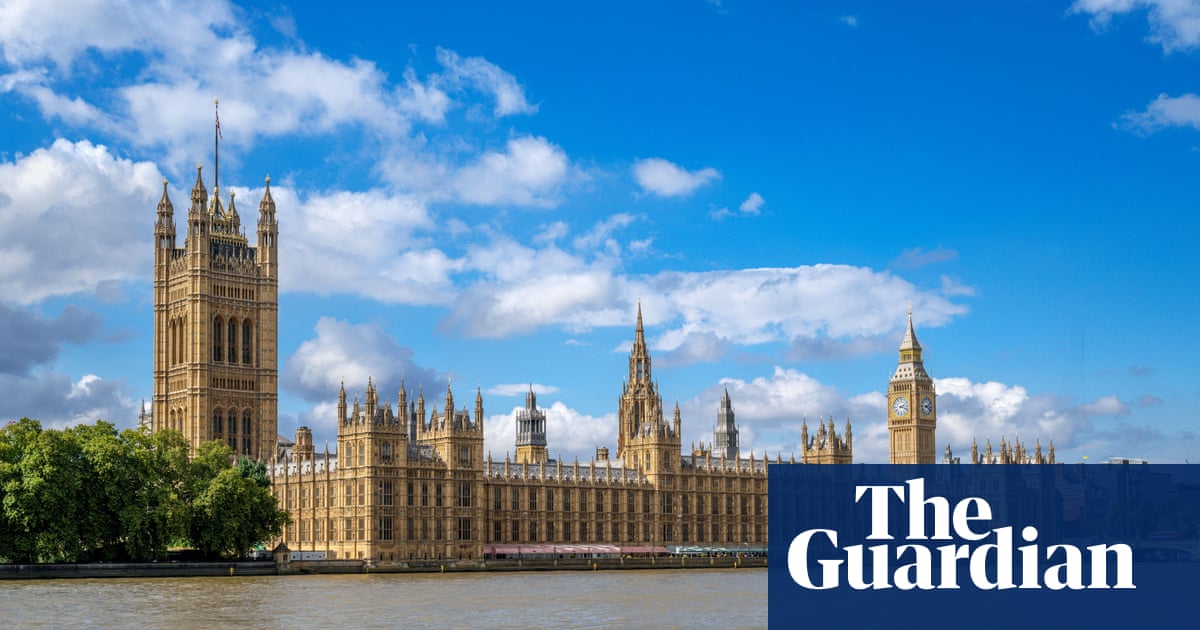Russia has imposed sanctions on 15 UK MPs and six members of theHouse of Lords, banning them from the country over what it called “hostile statements and unfounded accusations” about Moscow.
The Russian foreign affairs ministrypublished a statementon Wednesday accusing the UK of “fabricating anti-Russian narratives” and attempting to “demonise” the country.
The ministry announced sanctions against 21 British politicians from across the political spectrum, targeting parliamentarians who have called for frozen Russian assets to be seized andused to fund Ukraine’s war effort.
Those hit with sanctions include Labour’s Phil Brickell, Jeevun Sandher, Johanna Baxter and Blair McDougall, and the Liberal Democrats’ Alistair Carmichael, Chris Coghlan, Helen Maguire and James MacCleary.
Stephen Gethins, of the Scottish National party, and Jim Shannon, of the Democratic Unionist party, are also on the list.
McDougall, a member of the foreign affairs select committee, said: “Being targeted by this thuggish, criminal regime is a compliment. That among the reasons is that I have been rude to Putin shows how brittle and pathetic his regime is. This won’t stop British MPs from speaking up for the people of Ukraine.”
Brickell, another member of the committee, said: “I’ve been to Ukraine, I’ve seen the death and destruction Putin has wrought there over the last three years. So if he thinks that sanctioning myself and colleagues will get us to shut up, he has another think coming. Putin and his cronies must pay for the crimes they have committed. Slava Ukraini.”
Sandher, a member of the Treasury committee, said: “Almost a century ago, British politicians made the mistake of letting dictators like Putin redraw Europe’s borders by force. That led to the most destructive war in humanity’s history. We should be doing everything we can to stop that happening again. If that means me being sanctioned byRussia, so be it.”
Maguire, the Lib Dems’ defence spokesperson,posted on Xthat she and other Liberal Democrat MPs would “wear this retaliatory sanction as a badge of honour”.
All four MPs quoted have in recent months called for the UK to work with allies to seize frozen Russian central bank assets and use them to support Ukraine.
The UK government haslong advocated forfrozen Russian assets to be seized, but its position became more pronounced this year after anendorsement by David Lammy, the foreign secretary.
Sign up toFirst Edition
Our morning email breaks down the key stories of the day, telling you what’s happening and why it matters
after newsletter promotion
Other European governments such as France and Germany and institutions such as the European Central Bankare reticentover fears that such a move would breach the principle of the immunity of sovereign assets, deterring investment from countries such as China and Saudi Arabia.
The peers hit with sanctions by Moscow include David Alton, a crossbencher who chairs the joint committee on human rights, Kevan Jones, a former Labour MP who was a member of the intelligence and security committee when it published itsRussia report, and Ross Kempsell, a former special adviser to Boris Johnson.
Of the 15 MPs, 13 are from the 2024 parliamentary intake. In 2022, Russia imposed sanctions on 287 MPs after the UKtook action against Russian politiciansover the invasion of Ukraine.
